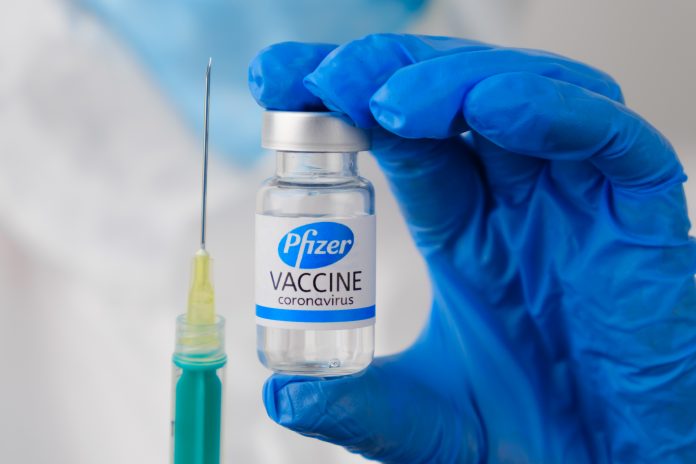According to the US and Swiss study, 94% of cancer patients took the COVID vaccine in full and produced antibodies – while seven high-risk patients failed to produce an immune response
In this study, a team looked at how cancer patients handle mRNA vaccines. Currently, it is accepted wisdom that one dose of a vaccine is enough to give adequate protection against death – but how does this fact change in people with cancer-compromised immune systems?
94% were able to create antibodies despite cancer
The average age of the 131 patients was 63, with most suffering from solid cancers as opposed to blood cancers. That translates to 106 people with tumours, then a further 25 with blood-related issues.
Race is increasingly crucial when it comes to vaccine efficiency, so the breakdown in this study was 80% white, 18% Hispanic and then just 2% Black people. The group was tested for antibodies, 3-4 weeks after taking their second dose of mRNA vaccine.
The data found that 94% of the cancer patients were able to create antibodies after their COVID vaccines, but that seven high-risk patients simply did not make any.
“We could not find any antibodies against the virus in those patients,” said Dr Dimpy P. Shah, PhD, of the Mays Cancer Center, home to UT Health San Antonio MD Anderson.
“That has implications for the future. Should we provide a third dose of vaccine after cancer therapy has completed in certain high-risk patients?”
A new approach necessary for high-risk cancer patients?
“With other vaccines and infections, patients with cancer have been shown not to develop as robust an immune response as the general population,” said study senior co-author Ruben Mesa, MD, FACP, executive director of the Mays Cancer Center. “It made sense, therefore, to hypothesize that certain high-risk groups of patients do not have antibody response to COVID-19 vaccine.”
When countries with lack of vaccine access, such as Bangladesh and Nepal, consider how to protect cancer patients – there needs to be a lot of extra caution, say the team. While one dose is considered enough to protect people from severe forms of the virus, this is different in the case of those who are already under attack.
“We observed a significant difference in response when two doses were given,” Dr. Shah said. “At least for patients with cancer, two doses are very important for robust antibody response.”
Scientists are warning that cancer patients with two doses still need to take social distancing precautions, and are suggesting that a third booster shot should be given as soon as possible.
They also say that more studies should be run on ethnic minorities, who can have a different level of antibody response.











